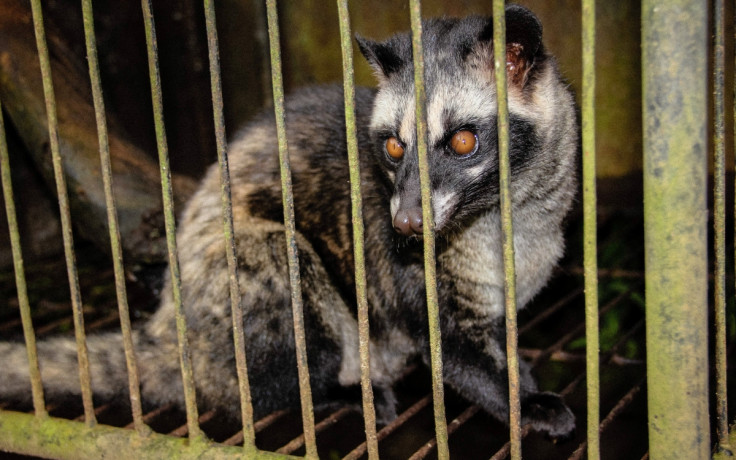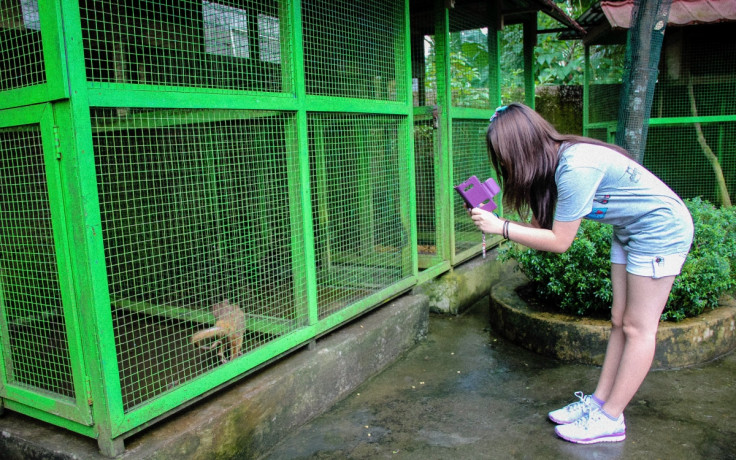Luxury coffee demand leads to Kopi Luwak toddy cats 'caged on Bali roads'

Demand for luxury coffee is leading to new plantations across Bali that cage civets to produce Kopi Luwak, says new research from animal charity World Animal Protection (WAP). Kopi Luwak, or civet coffee, is an expensive coffee range whereby the beans are digested and excreted by a civet before being collected and brewed.
WAP found that in the last five years, 16 new plantations catering to civet coffee tourism had been set up along one single tourist highway in Bali. The plantations were all intended for international tourists visiting Bali.
Single cups of Kopi Luwak have been known to sell for upwards of £70 ($100).
Brands of Kopi Luwak being sold in the UK have previously come under fire for procuring the coffee by caging civets, whilst claiming that the coffee was collected from wild animals. Luxury shopping destination, Harrods, previously called for Kopi Luwak production to be certified after coming under fire for selling a brand of the coffee that caged civets.
Civets are nocturnal animals and the cages used often will not have any adequate place for civets to shelter during the day. The cages also have wire flooring that hurts the civet's feet and causes the animal distress.
Out of the 16 new plantations studied by WAP, 14 were producing caged civet coffee on-site. The two that did not produced caged civet coffee on-site were still caging civets as an attraction for tourists.

"The animals are snatched from the wild, kept in cramped cages where wire floors cut into their feet causing them physical and mental distress. They are also nocturnal and do not have shelter to hide. Many of the civet coffee farmers are uneducated on how to care for their animals and the civets are often ill or die, all in the name of making coffee." said WAP.
Dr Jan Schmidt, an author of the study, said "Detecting cruel civet coffee remains a constant challenge because of the difficulty in distinguishing between beans from caged or wild civet cats. However, if tourists see civets in cages as part of their tour this is a clear indication that unnecessary animal abuse is involved."
Kupi Luwak produced with caged civets is also an inferior product. According to National Geographic, experts say that the digested coffee beans from wild civets make better coffee because the wild civets carefully choose which berries to eat rather than simply being fed any cherries at caged farms.
© Copyright IBTimes 2024. All rights reserved.






